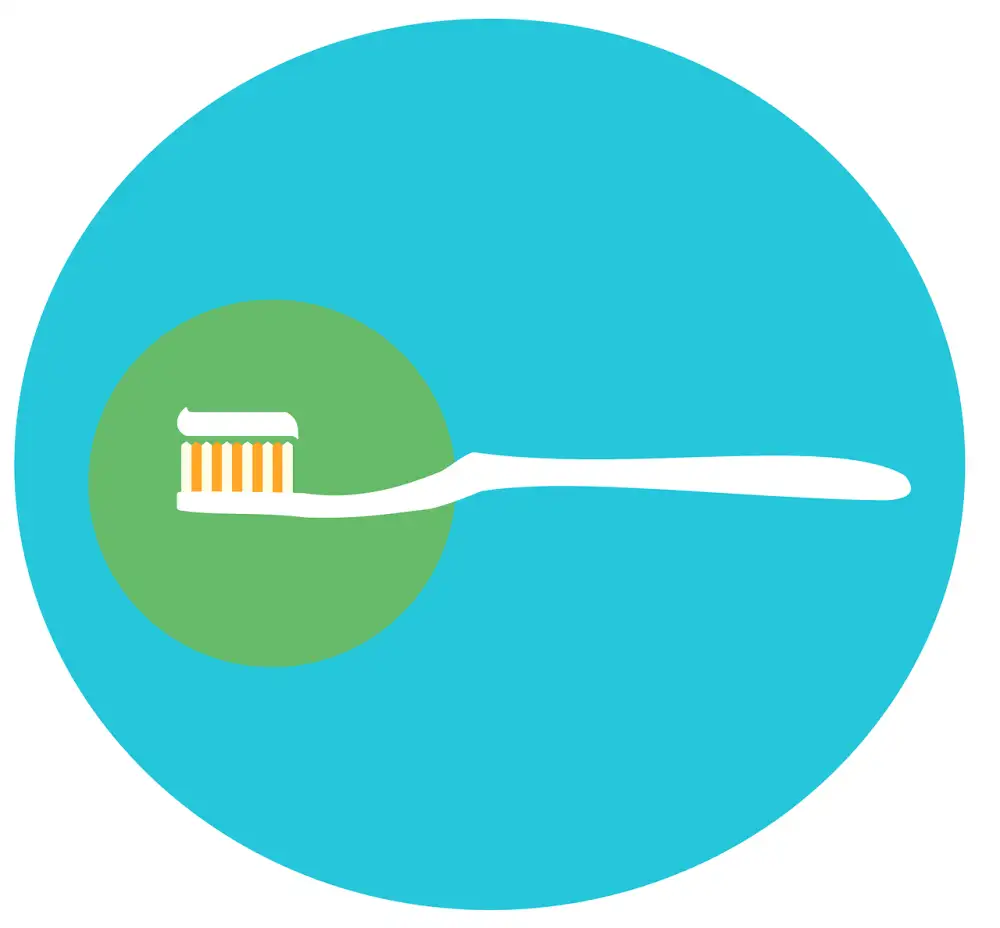Revolutionizing Oral Care: Adaptive Toothbrush for Disabled Adults

Maintaining good oral health is essential for everyone, including adults with disabilities. However, traditional toothbrushes may not always be suitable for individuals with physical or cognitive impairments. This is where adaptive toothbrushes designed specifically for disabled adults come into play. These innovative oral care tools are revolutionizing the way individuals with disabilities can maintain their oral hygiene effectively and independently. In this article, we will explore the importance of oral health for adults with disabilities and delve into the features and benefits of using a toothbrush tailored to their specific needs.
Importance of Oral Health for Adults with Disabilities
**Importance of Oral Health for Adults with Disabilities**
Maintaining good oral health is crucial for adults with disabilities as they are more prone to dental issues such as cavities, gum disease, and oral infections. Poor oral hygiene can lead to serious health complications, including heart disease and respiratory infections. Additionally, individuals with disabilities may face challenges in performing daily oral care tasks independently, making them more susceptible to dental problems. Regular dental check-ups and proper oral hygiene routines are essential to prevent these issues and improve overall well-being.
Features of a Toothbrush for Disabled Adults
**Features of a Toothbrush for Disabled Adults**
When designing a toothbrush for disabled adults, several key features need to be considered to ensure effective oral care. These toothbrushes often have larger handles with ergonomic grips to facilitate easy handling for individuals with limited dexterity or strength. The bristles are typically softer to prevent gum irritation and damage, and some models even come with angled heads to reach difficult areas in the mouth more easily. Additionally, electric toothbrushes may be preferred as they require less manual dexterity and can provide more thorough cleaning compared to traditional toothbrushes. Overall, the design of a toothbrush for disabled adults aims to make oral hygiene routines more manageable and comfortable for individuals with diverse needs.
How to Choose the Right Toothbrush for Specific Needs
When choosing a toothbrush for adults with disabilities, it's essential to consider their specific needs. Look for toothbrushes with ergonomic handles that are easy to grip for individuals with limited dexterity. Soft bristles are gentle on sensitive gums and teeth, while angled or flexible heads can reach difficult-to-access areas. Electric toothbrushes may be beneficial for those who have difficulty using manual ones. Additionally, consult with a dentist or oral health professional to determine the most suitable toothbrush based on individual requirements.
Tips for Proper Oral Hygiene Routine
Maintaining a proper oral hygiene routine is crucial for adults with disabilities to prevent dental issues. Here are some tips to ensure good oral health:
1. Brush teeth at least twice a day using fluoride toothpaste.
2. Use a toothbrush with soft bristles to avoid damaging sensitive gums.
3. Consider using an adaptive toothbrush designed for easier handling.
4. Floss daily to remove plaque and food particles between teeth.
5. Rinse with an antiseptic mouthwash to reduce bacteria in the mouth.
6. Visit the dentist regularly for check-ups and professional cleanings.
7. Ensure proper nutrition and hydration to support overall oral health. By following these tips, individuals can maintain a healthy smile and prevent oral health complications.
Benefits of Using a Toothbrush Designed for Adults with Disabilities
**Benefits of Using a Toothbrush Designed for Adults with Disabilities**
Using a toothbrush specifically designed for adults with disabilities offers numerous benefits. These toothbrushes are typically equipped with features such as larger handles for better grip, ergonomic designs for easier maneuverability, and softer bristles to prevent gum irritation. They also often come with built-in timers or vibrating mechanisms to assist those with limited dexterity in ensuring thorough cleaning. By using a toothbrush tailored to their needs, adults with disabilities can maintain better oral hygiene, reduce the risk of dental issues, and improve overall oral health outcomes.
In conclusion, the development of adaptive toothbrushes for disabled adults has been a significant step towards promoting better oral health and hygiene in this often overlooked demographic. By addressing specific challenges such individuals face, these specialized toothbrushes offer practical solutions to improve daily oral care routines. It is crucial for caregivers and healthcare providers to understand the importance of oral health in overall well-being and to provide the necessary support and tools for maintaining good dental hygiene. Investing in a suitable toothbrush tailored to individual needs can make a substantial difference in preventing oral health issues and enhancing quality of life for disabled adults.
Published: 14. 03. 2024
Category: Health



